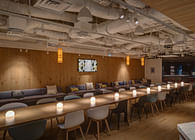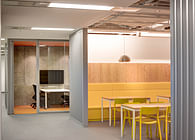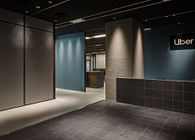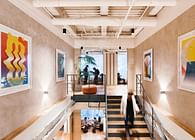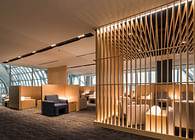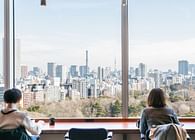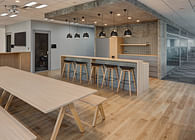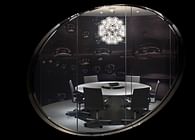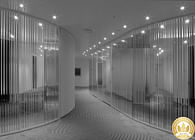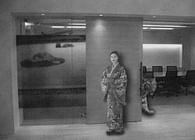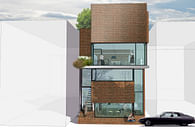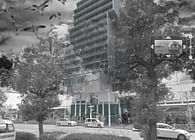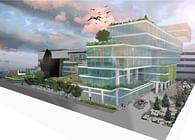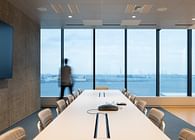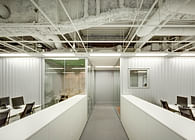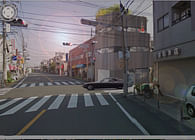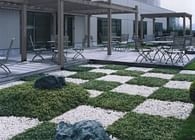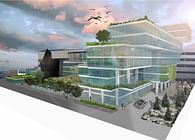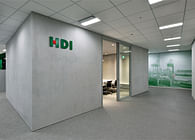
Tokyo, JP
Orandajima House: Afterschool Facility and Community Centre
Inspiration:
After a devastating earthquake and tsunami hit the town on 11 March 2011, several major companies were urged to help by a longtime friend of Yamada-machi in The Hague, the Netherlands. This business group decided to offer the town a facility where children would have a place to play, heal and come together. Having gone to the city shortly after the tsunami and seeing the devastation first hand was our biggest inspiration and motivation.
Project Description:
Yamada-machi is a town located on the central coastline of Japan’s Iwate prefecture. Its economy is based mainly on the fishery industry. Following extensive consultations with the Yamada-machi authorities, it was proposed in February 2012 to establish an after-school house and community centre.The Foundation is named after the island where in 1643 a Dutch ship, called the ‘Breskens’ landed in the Bay of Yamada. This island was called 'Oranda-jima ('Holland Island') 350 years after the ship stranded there.
Realisation:
The programme asked for a flexible building of around 200m2 to accommodate about 60 children to be used for their after school activities. All the people who worked on the site are from Yamada machi. The building is positioned in such a way that daylight during the winter months will fall deep into the building, while during the summer months an overhang will provide shade.
Children will be using the space from around 15:00 until early evening when their parents picks them up. Before 15:00 and in the weekends, the space can be used as a community centre. The building follows the programmatic requirements in a linear way. However, instead of designing a long rectangular building we decided to twist the building into itself thus creating a space that feels safe and enclosing. From the onset of the project we wanted to build a building where we would use local labour. We decide on a local contractor, a so-called “daiku”, or Japanese carpenter.
Materials:
wood structure, cedar timber cladding, steel columns, polycarbonate , glass, marmoleum, wood wool, Italian stucco.
Operation flow:
The building is positioned in such a way that daylight during the winter months will fall deep into the building, while during the summer months an overhang will provide shade. The children will use the space from three o'clock pm until five or six pm. It is during these hours that the sun will provide most changing lighting conditions within the building. On the west side we have placed a mat-white polycarbonate window. Behind this window are trees and the orange light of dusk will cast beautiful shadows on this polycarbonate panel, not unlike patterns seen in Japanese rice paper screens.
Research:
My thought has always been that architecture should enhance it's context and I believe that the way the light travels through the building and changes the lighting during those hours will create a quiet, theatrical play that consciously or unconsciously have an effect on the children's well being. We have done extensive studies on this subject, using computer simulations as well as empirical studies onsite with wooden models.
Martin van der Linden
Status: Built Location: Yamadamachi, JP Additional Credits: Team: Architect: Martin van der Linden Designer: Ayamu Ota Designer: Yuko Kawakita Structural Engineer: Alan Burden Contractor: Sasaki Gumi Canada Wood: Shawn Lawlor, Jim Ivanoff
Status: Built
Location: Yamadamachi, JP
Firm Role: Architects
